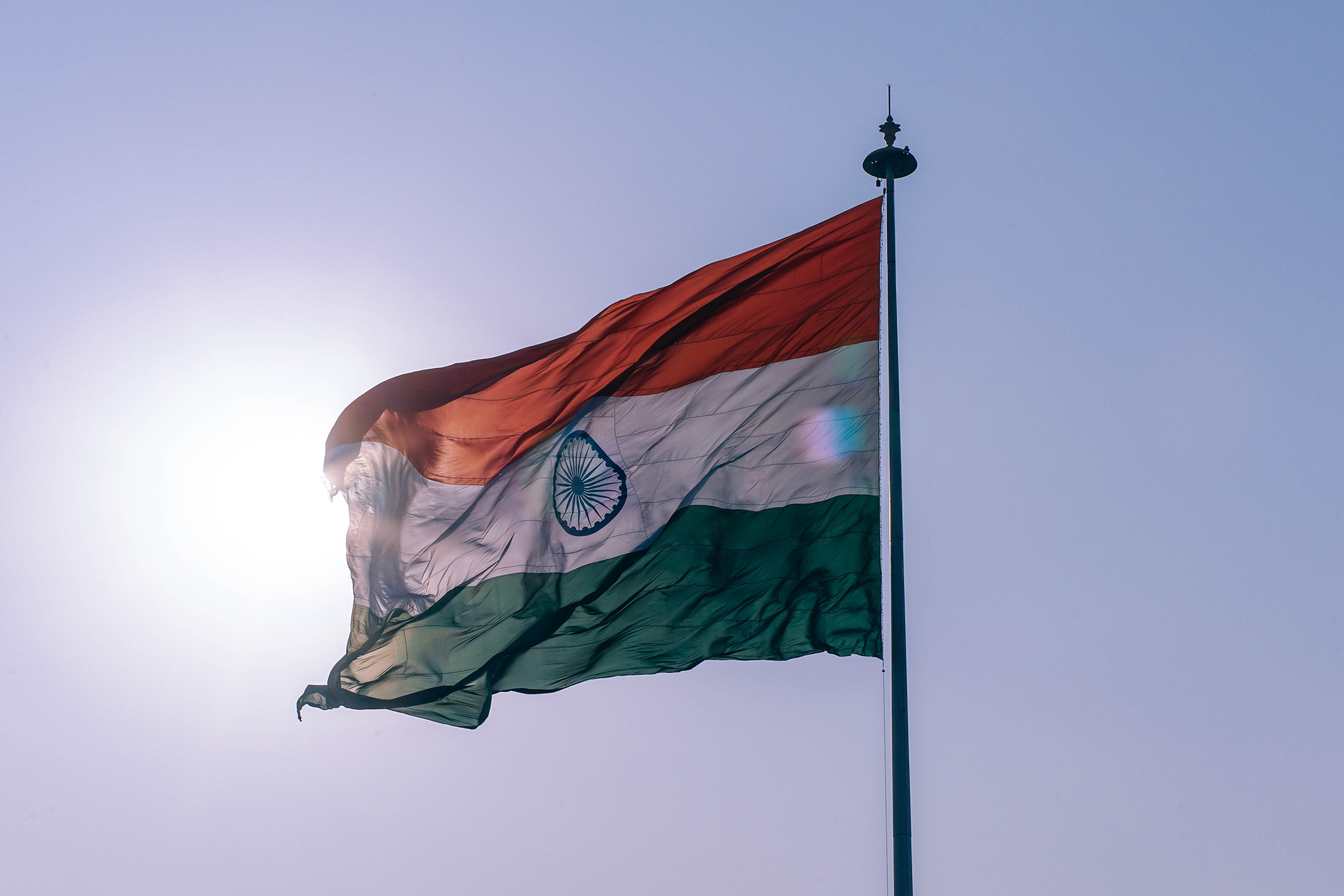Palestine: ‘Threads of Pride’ Display
By Sadaf Ali, Muslim Media News Service (MMNS)
Dearborn-October 18- It was an evening of Palestinian artwork, shopping and theater at the Arab American National Museum. All of it in conjunction with an exhibit called “Threads of Pride: Palestinian Traditional Costumes.â€
“We have a large Palestinian community here and the embroidery is an intricate part of the culture, said Dr. Anan Ameri, Director of the Arab American National Museum, “It’s important for us to show that and it’s also important for a non-Arab to see part of the Arab heritage.â€
But Thursday’s event, part of the Museum’s Global Thursdays, was all about charity. The event started with a sale of embroidered apparel and accessories by the Palestine Aid Society (PAS) and the Museum store, followed by a lecture and slideshow by Rabia Shafie, the National Executive Director of Palestine Aid Society. The evening ended with Palestinian American play write Betty Shamieh performing excerpts from several of her plays.
The original exhibit, which will be open to the public through November 25, is a collection of traditional clothing owned by Farah and Hanan Munayyer, founders of the Palestinian Heritage Foundation.
Although this exhibit features clothing over a century old, the show was focused on contemporary stitching by Palestinian women.
According to Shafie, the proceeds from the sale will go directly to these women. She says it is a matter of survival.
“It’s for day to day living. It’s for food and to send their kids to school,†she said, “Sometimes you’ll see an entire family working on a piece because it’s breadwinning for them.â€
PAS works with Al Najdeh, a Lebanese organization that works in and around the Palestinian refugee camps in Lebanon, primarily targeting women and children. Established in 1978, it offers several programs including vocational training, literacy, scholastic tutorials and English language classes, as well as social assistance by providing educational scholarships and health care for the women and their families.
The women working with Al Najdeh sell their embroidered goods as a means to support their families. The women do the work at an Al Najdeh center, but even getting to the center can be difficult.
“Sometimes the women carry their workshops into the home. Because of the occupation and constant bombardment, coming to the center can be unsafe,†said Shafie, “It is getting worse everyday in the West Bank because of the Israeli occupation.â€
Ameri says that Palestinian embroidery is unique not only for its intricate and colorful designs, but also for its cultural and social meaning. Each cluster of villages had their own style of patterns, which made it easy to distinguish it from those of a different region.
Today the work symbolizes the Palestinian struggle to sustain their cultural heritage and national identity.
“I look it as a part of my culture and heritage,†said Shafie, “It’s also a conversation piece.â€
9-44












2007
3,026 views
views
0
comments